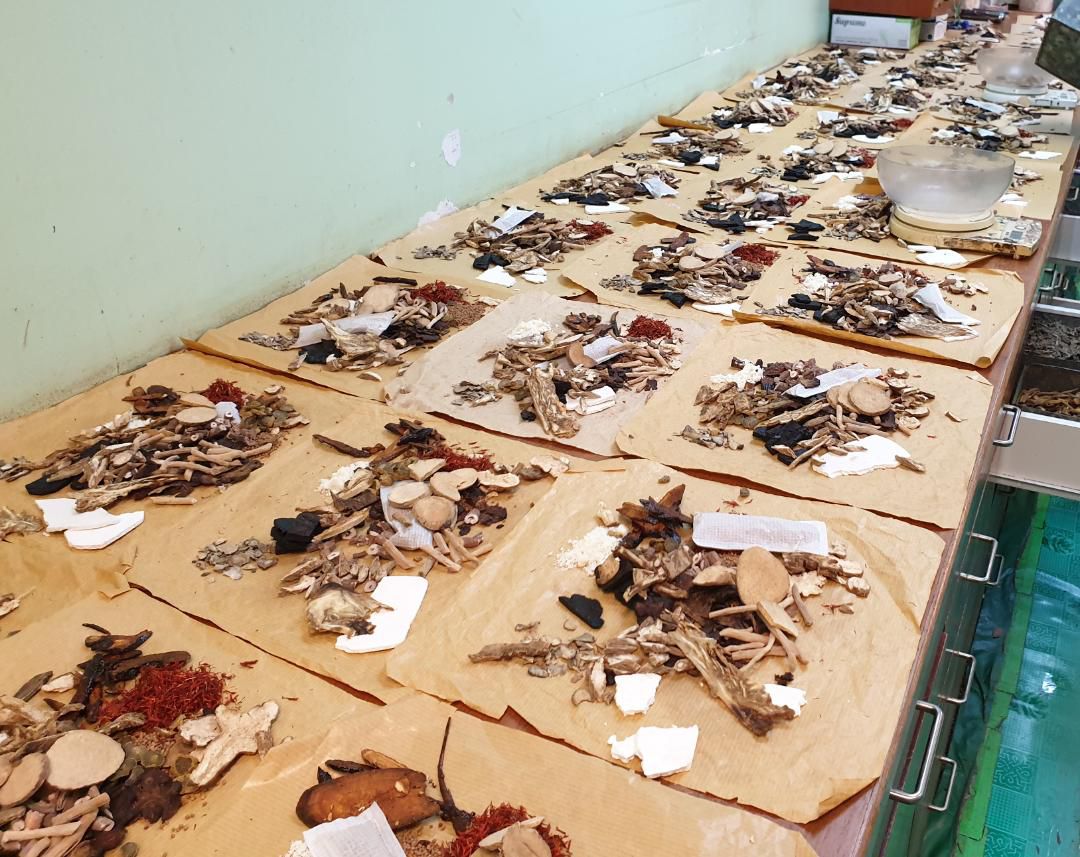Adenomyosis occurs in the uterus and is a common cause of painful periods and heavy menstrual bleeding. Your uterus is made of smooth muscle lined with a special layer known as the endometrium.
The endometrium is what builds up and sheds in response to changes in your hormone levels during your monthly menstrual cycle. Usually the endometrium is separated from the muscular layer of the uterus or myometrium. In women with adenomyosis, the endometrial lining has spread to the muscular wall of the uterus. The endometrial area embedded in the uterine wall undergoes the same hormonal changes as the normal endometrium. These changes result in irritation and inflammation in the muscles of the uterus resulting in pain and altered blood flow that results in heavier menstrual bleeding.
Under normal conditions, endometrial tissue only coats the surface of the uterine cavity. In adenomyosis, the endometrial tissue remains functioning normally, but grows into the muscular layer of the uterus. As a result, the uterus swells at each menstrual cycle.
This condition can be experienced by women of all age groups, but is more common at the age of 40 to 50 years. This condition is also usually cured when a woman goes through menopause.
What Causes Adenomyosis?
To date, the cause of adenomyosis has not been determined. However, this condition is thought to be related to several factors. However, it appears that injury or disruption of the uterine lining is a significant risk factor for adenomyosis. If you have had at least one pregnancy or miscarriage you are more likely to develop adenomyosis than a woman who has never been pregnant.
You run a greater risk if you have had a pregnancy transplant or have delivered a child by cesarean section. Usually adenomyosis occurs after the age of 30 years with the peak age of diagnosis between the ages of 40-50 years. Adenomyosis can occur in adolescent girls but it is less common.
But the diagnosis should definitely be considered in a teenage girl who has a very painful period that does not respond to usual treatment.
Because the lining of the uterus has spread to the lining of the muscles, the uterus affected by adenomyosis will grow larger. This increase in size is diffuse which means that the entire uterus increases in size, much like how the uterus increases in early pregnancy. On a pelvic exam, your doctor may be able to detect an increased size of your uterus. The term used to describe this change is globular. Deeper into the muscle wall, adenomyosis will be more symptomatic.
What are the Symptoms of Adenomyosis?
Although many women with adenomyosis are asymptomatic, women with symptoms experience severe dysmenorrhea and heavy menstrual bleeding. It is not uncommon that if you are diagnosed with adenomyosis you may also be diagnosed with uterine fibroids or endometriosis. This combination of benign gynecologic conditions can result in an increase in the severity of painful symptoms and heavy menstrual bleeding.
Adenomyosis can cause the following symptoms:
- Pelvic pain
- Heavy and prolonged bleeding during menstruation (menorrhagia)
- Abdominal pain and cramps during menstruation
- Pain during sexual intercourse (dyspareunia)
How is Adenomyosis Diagnosed with Thetole Treatment?
Thetole Herbs classified these conditions as the Qi deficiency, and or blockage and deficiency. These adenomyosis may be accompanied by weakness in the womb and ovaries as well.
The Tole treatment may depends on the size of the adenomyosis and also the others conditions of womb, kidney and Qi energy, it may take between 2 weeks to 4 months. The intensive treatment will include 2 times of The Tole's Neuro Acupuncture and herbal medicine twice daily. Those that cannot come for their intensive treatment can start with the herbal medicine and may need more time to get the recovery, meaning slower recovery rates.
The ancient chinese herbs formula recorded, that the herbs should be used for regenerating the womb and uterus energy Qi system, therefore smoothing the flow of Qi, menstrualtion and blood. The Adenomyosis herbs should help to dissolve the Adenomyosis and stop the pain.

